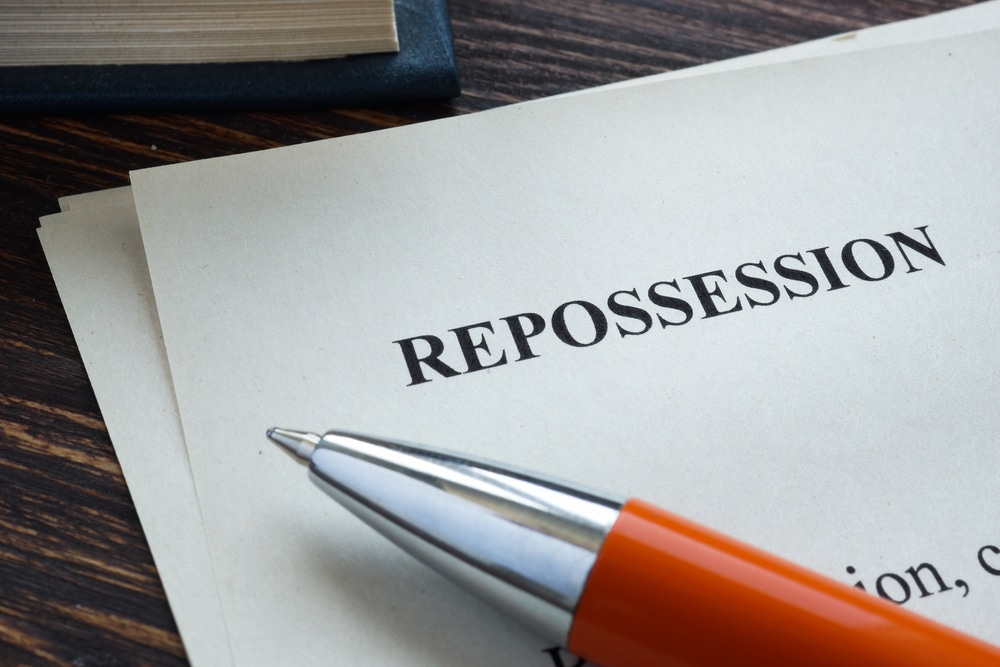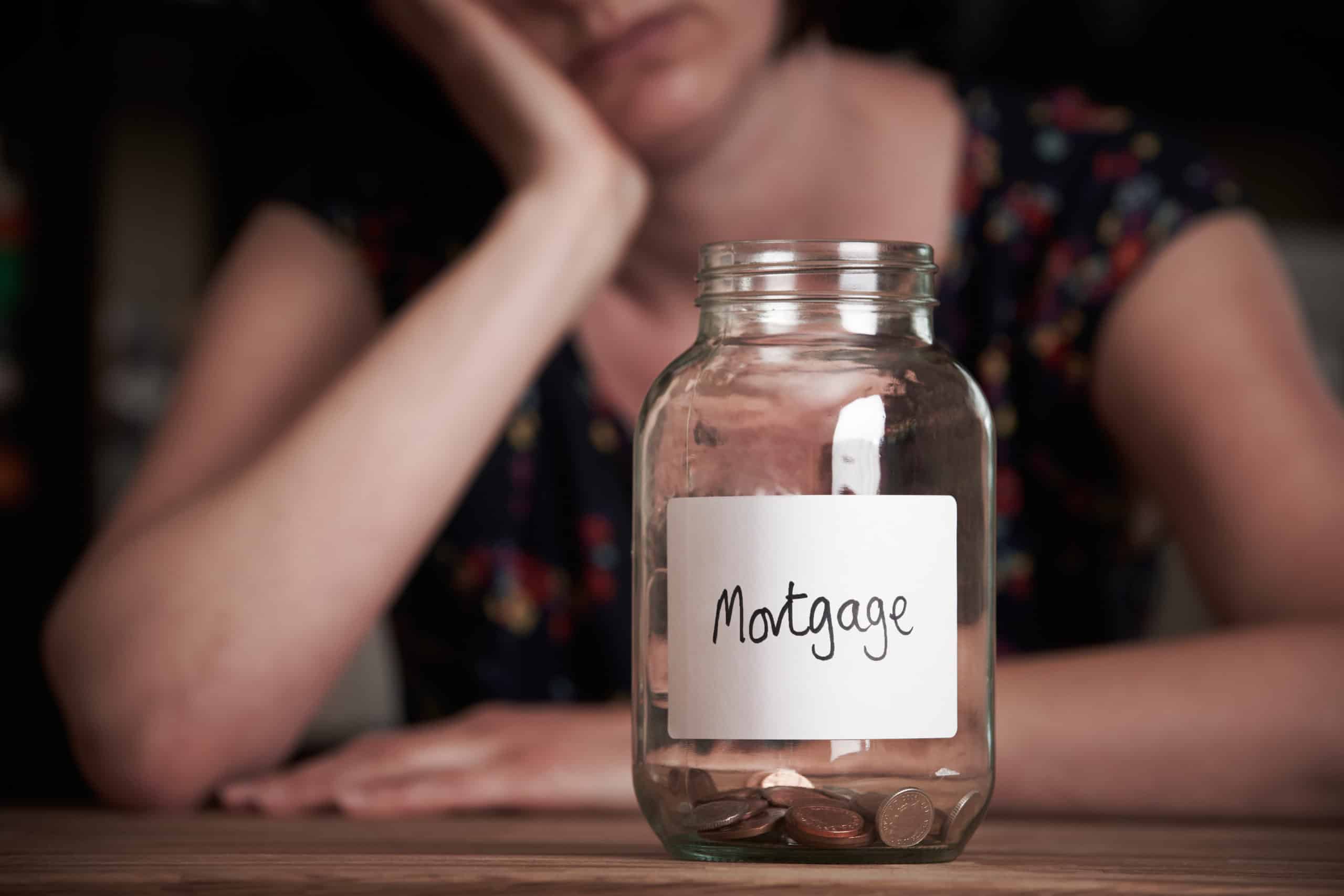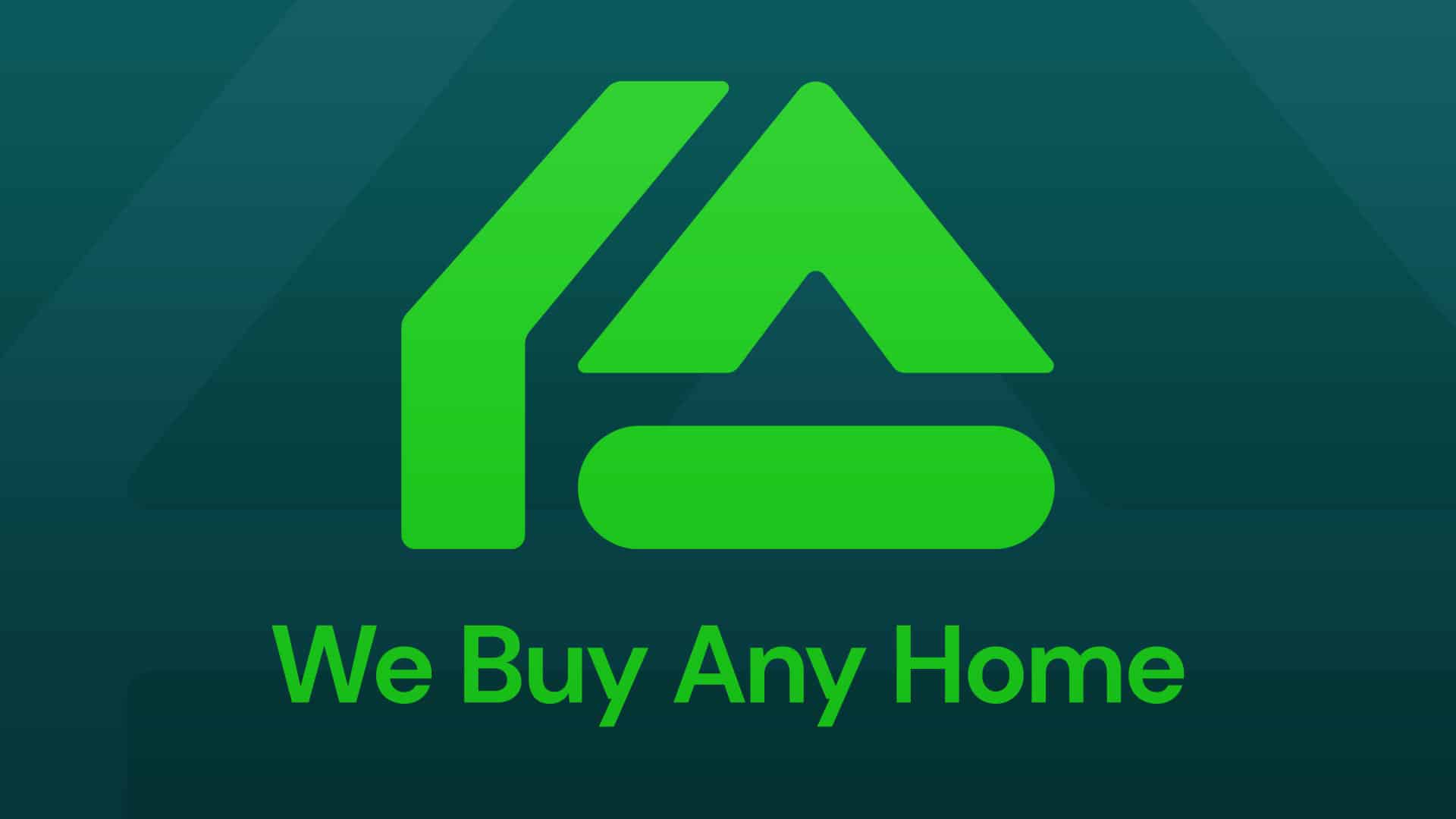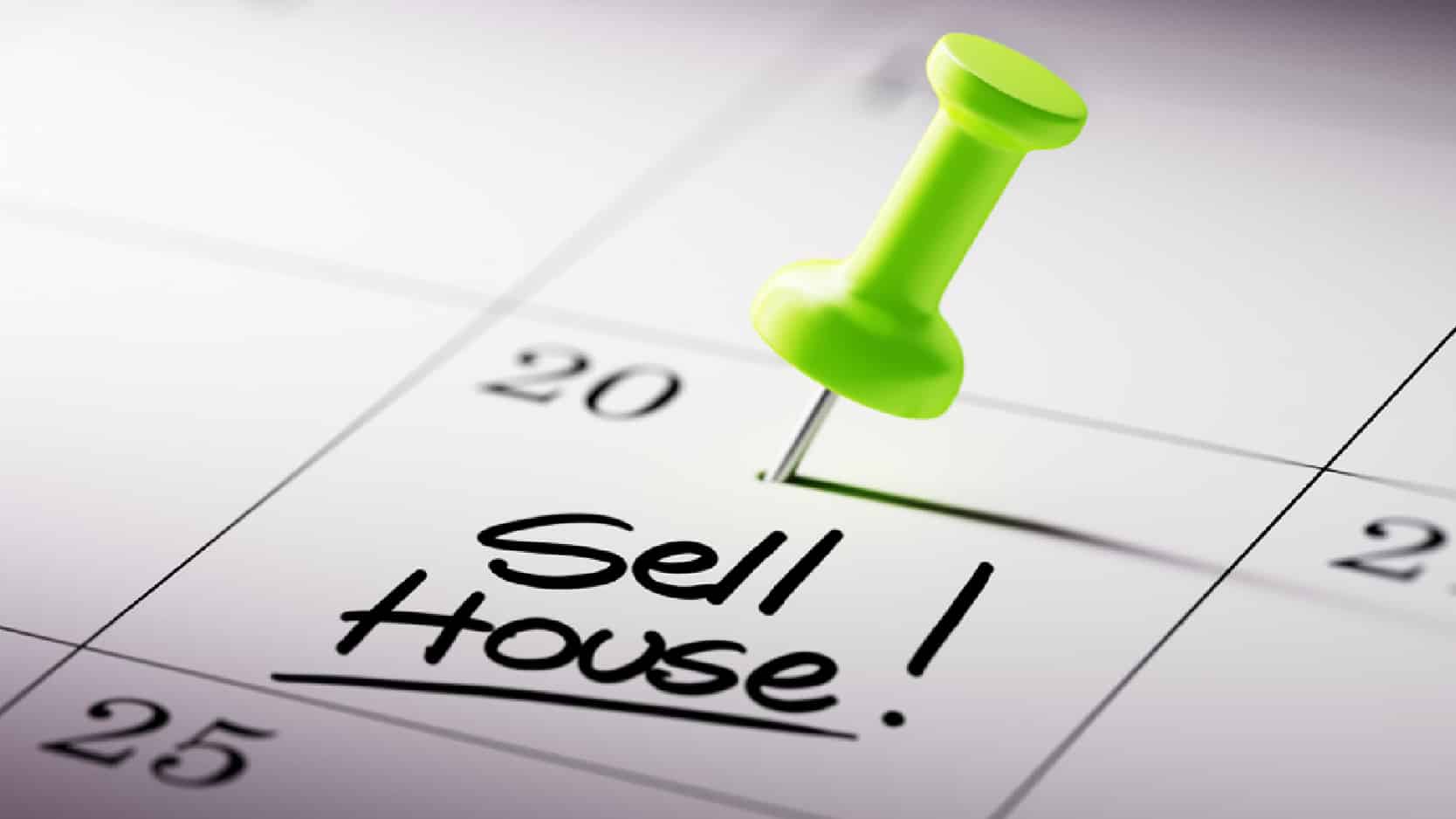When you owe money to a person or organisation they can use a county court judgment (CCJ) to make you pay it back. The court will tell you if and how you should do this.
If you ignore the judgment or can’t pay, your creditors – that’s the people you owe – can ask the court to grant a warrant of control. This allows them to instruct county court bailiffs to take possessions from you which cover the value of the debt, up to a maximum of £5,000.
Being visited by bailiffs can be an upsetting experience. It’s much better to avoid it by paying your debts as soon as possible, and groups such as Citizens Advice can help you work out how to do this. One option is to sell your home if you own one and we specialise in buying houses quickly and cost-effectively.
What happens when a warrant of control is issued?
After one is ordered by a county court you will be sent an enforcement notice. This will tell you that bailiffs, otherwise known as enforcement agents, have been instructed to visit your home or business to take control of goods to cover the debt.
You will then have seven days, not including Sundays and national holidays, before they visit, in which time you can pay what you owe or agree on a payment plan to prevent them from coming.
You should also check the notice carefully if there are any mistakes on it bailiffs can’t visit until they have been corrected. So make sure your name and address are correct, it shows exactly what debt you owe, explains you have seven days notice and is from a registered bailiff. It’s worth noting debt collectors are not allowed to act as bailiffs, so can’t send or enforce a notice.
When bailiffs visit
In the seven days you have before they visit, you should investigate your rights. For a start, bailiffs can only visit between the hours of 6am and 9pm and must show you identification and a copy of the enforcement notice.
If you agree on a repayment plan, or to repay the debt in full, on the day they will make a list of goods that will cover the debt and come back to take them if you do not pay. They may even lock those goods in a room. If you’re not able to do this and do not want to let them in, you do not have to.
If this is the case make sure all your doors and windows are locked and possessions such as cars are in a garage if possible. Bailiffs can only force their way in under certain circumstances:
- You have let them in on a previous visit and they made a list of goods.
- You’ve broken an agreement you made with them.
- They have given two days’ notice after an agreement is broken.
What goods can bailiffs take?
They can only take possession of non-essential items such as TVs, games consoles, jewellery and some furniture. They can also take your car. If it is vital to your job you might be able to keep it, but if it is worth over £1,350 they have a right to remove it. The same applies to any professional equipment. However, they can’t take anything that is on a hire purchase agreement, because you are not the legal owner.
They must leave items you need such as clothes, cooking equipment, fridges and cookers. They also can’t touch anything that doesn’t belong to you, such as a partner’s laptop.
Who pays for the bailiff?
Unfortunately, the cost of the county court bailiff is added to your debt. These are the fees:
- Writing to you about your debt: £75.
- Visiting your home: £235.
- Selling belongings they’ve collected: £110.
For the final two charges, there is an extra fee of 7.5% on any debt above £1,500. So on a debt of £3,500, you’d be charged 7.5% of £2,000, which is £150.
You can also be charged for the storage of your goods and the cost of a locksmith if one is needed.
How can you stop a warrant of control?
You can suspend the warrant of control by filling in an N245 form and sending it to your local county court. This details how much you are able to pay and how you will pay it. If your creditor agrees to your application, the court will send you details of the agreement. If your creditor doesn’t there could be a short hearing in which you explain your circumstances and a judge will decide what to do.
Once your goods have been taken you can still get them back if you pay your debt before they are sold at auction, which is at least a week after they’ve been removed. If they sell for more than the amount of your debt, you will be given the difference.
Working with us
We’ve helped lots of people out of difficult financial situations by buying their homes from them. We’re experts at buying property as fast and with as little fuss as possible, giving you an opportunity to get on top of your debts. We can even help landlords sell property with tenants in situ to help clear debt issues.
When you sell to us there are no solicitor or estate agent fees and because we offer a guaranteed sale, in seven days if necessary, you’ll quickly stop paying your mortgage and have funds in your account. We also understand the strain of being in debt and how to handle challenging quick house sale situations sensitively. If you’d like to chat about what we can do for you, get in touch.


















